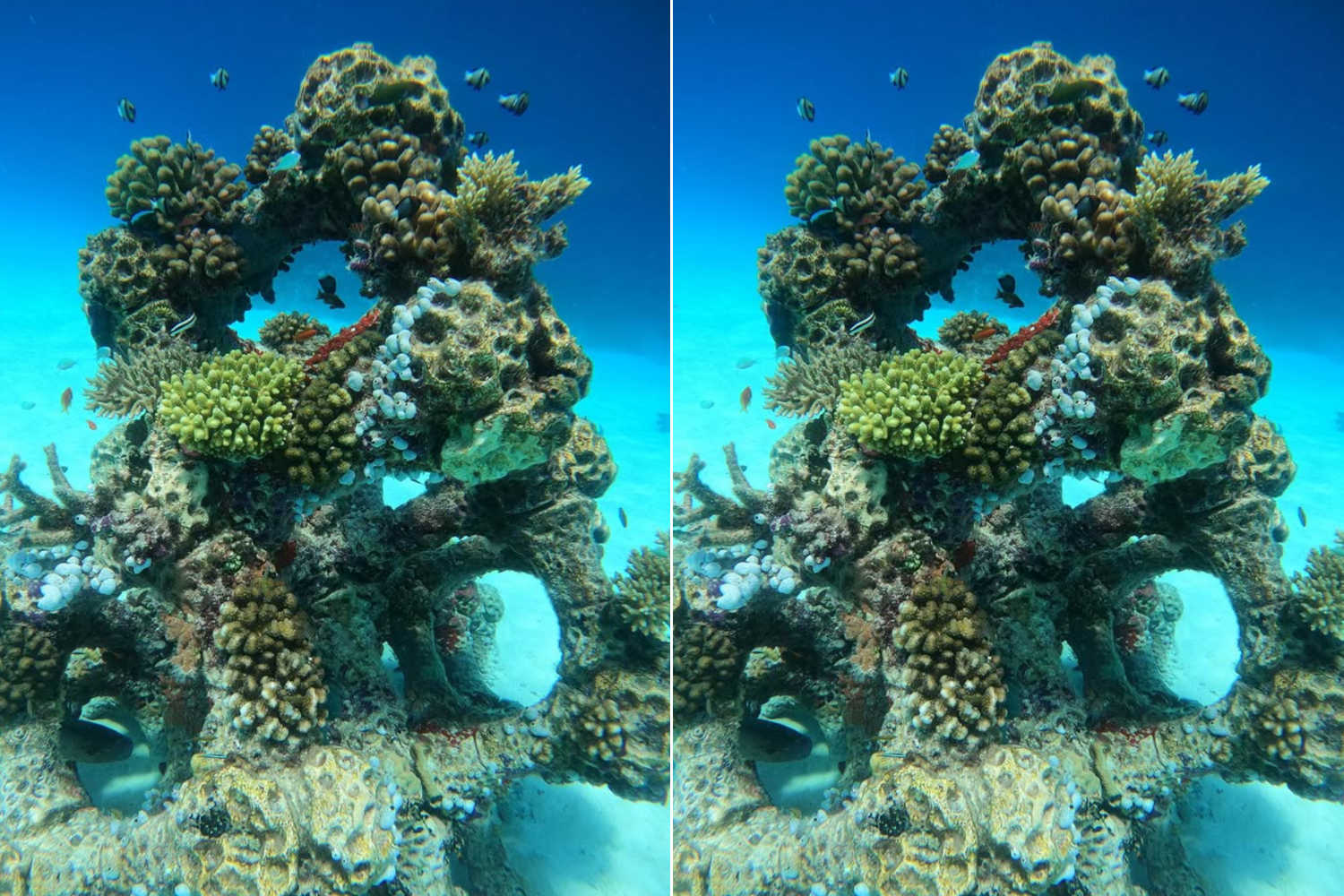Australian Reef Design Labs introduces 3D-printed ceramic reef blocks to Maldives, offering modular solution for coral restoration after 75% coral loss from 2016 El Niño event.

In the turquoise waters of the Maldives, an Australian innovation promises to breathe new life into damaged seafloors. The project comes from Reef Design Labs (RDL), a non-profit organization led by Alex Goad, which has introduced the archipelago’s first 3D-printed artificial reef.
The system, called MARS (Modular Artificial Reef Structure), is based on ceramic blocks created with three-dimensional printers that can be easily assembled by divers without the use of cranes or special vessels. This technology allows for extremely accurate reproduction of the complex forms of natural coral reefs, providing ideal shelters for fish, sponges, and sea anemones, as well as surfaces where coral fragments can take hold and grow.
Each structure not only helps restore the marine ecosystem but also serves as a scientific research platform to study the best grafting techniques and the most heat-resistant species. While not a solution to the serious global problems facing our oceans – such as coral bleaching and ocean acidification – the MARS project represents an effective local tool for environmental restoration.
Adapting to seafloor and local fauna specificities
The Maldives, severely impacted by the 2016 El Niño event, saw up to 75% of their corals disappear in the southern part of the archipelago. Interventions like these become essential in attempting to save one of the planet’s most important atolls.
The MARS system also has the advantage of modularity: the blocks, lightweight and durable, can be adapted to the specificities of the seafloor and local fauna. Additionally, ceramic has proven to be an excellent material both for structural stability and for promoting coral adhesion.
Today, thanks to the enthusiasm generated by these projects, local communities are also beginning to establish their own coral nurseries, demonstrating that technology can be not only an ally of science but also a tool for social engagement.
In a world where climate change threatens the survival of coral reefs, MARS offers concrete hope. One reef at a time, block after block, we can attempt to rebuild the marine biodiversity that we are inexorably losing.
